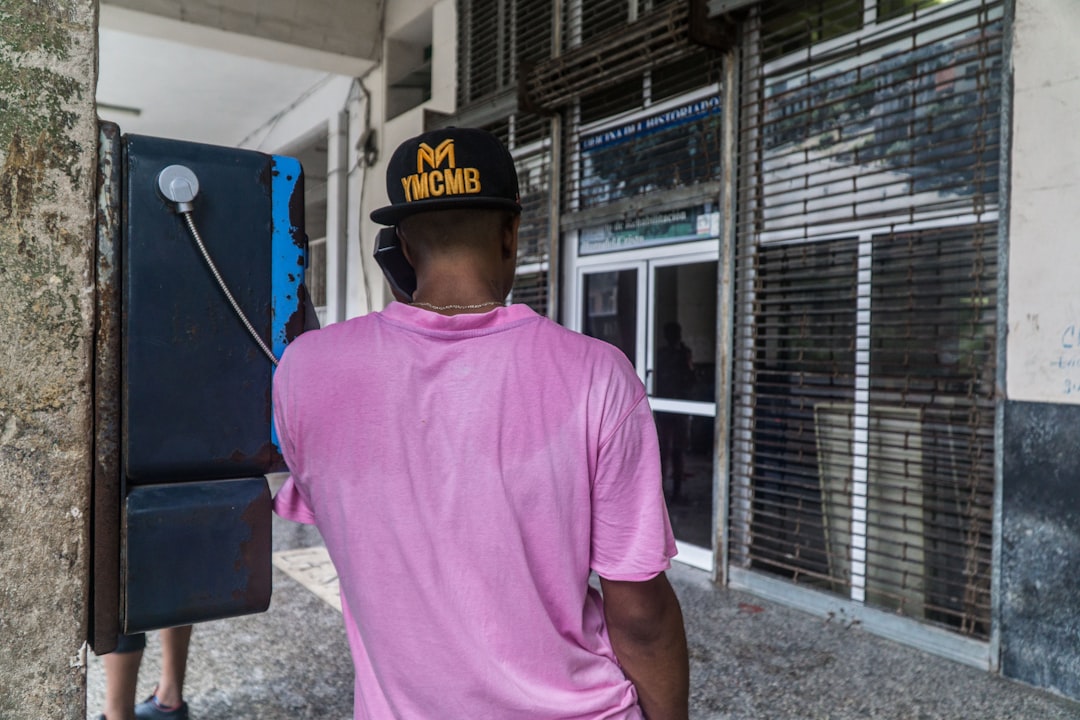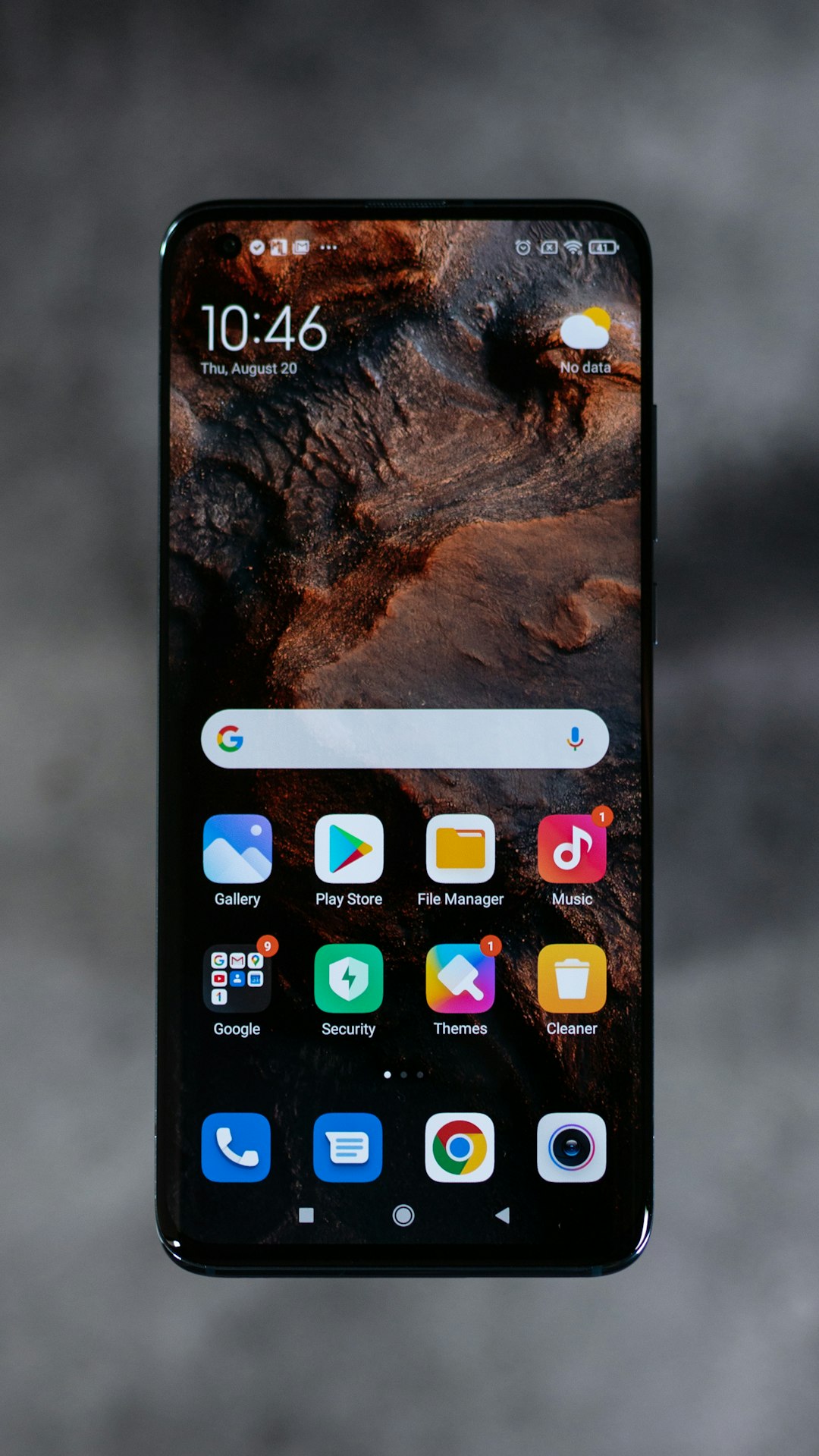South Carolina residents enjoy robust legal protection from robocalls through federal laws like TCPA and state regulations, including a Do Not Call registry. If facing persistent or deceptive automated calls, consult a lawyer for robocall laws in South Carolina to understand your rights and available actions, such as filing complaints with the FTC or SC Public Service Commission. Effective blocking methods include AI-powered apps and provider call filtering. Consumer protection agencies actively combat robocalls, enforcing laws and educating the public with support from telecommunications carriers.
Tired of relentless robocalls? You’re not alone. In South Carolina, understanding local robocall laws is a powerful first step. This guide explores effective strategies to reclaim your phone lines from unwanted callers. We cover everything from legal options and complaint procedures to cutting-edge blocking techniques. Additionally, discover the vital role consumer protection agencies play in combating robocalls. Equip yourself with the knowledge you need to find relief as a lawyer for robocall laws in South Carolina.
Understanding Robocall Laws in South Carolina

In South Carolina, as in many states, robocalls are regulated by specific laws designed to protect residents from unsolicited phone marketing. The Telephone Consumer Protection Act (TCPA) is a federal law that restricts automated calls and texts for telemarketing purposes. At the state level, South Carolina has its own regulations that complement the TCPA, further safeguarding consumers from excessive or deceptive robocalls.
Understanding these laws is crucial when dealing with unwanted robocalls. If you’ve been plagued by persistent automated calls, consulting a lawyer specializing in robocall laws in South Carolina can be beneficial. Legal experts can help navigate the complex regulations, advise on your rights, and explore options to stop or mitigate these intrusive phone calls.
Legal Options for Stopping Unwanted Calls

In South Carolina, there are robust legal measures in place to combat robocalls and protect residents from unwanted telephone marketing calls. If you’ve been a victim of frequent or illegal robocalls, consulting with a lawyer for robocall is an effective step. These attorneys specialize in navigating the state’s telecommunications laws and can help you understand your rights and available options.
The Telephone Consumer Protection Act (TCPA) is a federal law that prohibits automated calls and text messages for marketing purposes unless the caller has obtained prior written consent from the recipient. South Carolina also has its own Do Not Call registry, similar to the national one, where residents can register their phone numbers to limit telemarketing calls. Additionally, consumers can file complaints with the Federal Trade Commission (FTC) or the South Carolina Public Service Commission if they suspect illegal robocalling activities, which may lead to legal action against the offending entities.
How to File a Complaint Against Robocallers

If you’ve received unwanted robocalls, take action! Filing a complaint is an effective way to stop these nuisance calls and hold perpetrators accountable. In South Carolina, you can file a complaint with the Federal Trade Commission (FTC) or your state’s Attorney General’s office. These agencies track and investigate robocallers, potentially leading to legal action against them.
When filing a complaint, provide as much detail as possible: date and time of calls, phone numbers displayed on your caller ID, any recorded messages, and the type of information being solicited. You can also include notes on any actions you’ve taken in response to these calls. Remember, each report helps build a case against robocallers, making it easier for authorities to take legal action with the help of a lawyer for robocall cases in South Carolina.
Techniques for Identifying and Blocking Robot Calls

Identifying and blocking robocalls can be a challenging task, but there are several techniques available to South Carolina residents. One effective method is to use call-blocking apps that learn to recognize patterns associated with automated calls. These apps often employ artificial intelligence to analyze incoming calls and filter out known robocallers, protecting users from unwanted interruptions. Additionally, staying informed about the latest blocking technologies can be beneficial; many phone service providers offer built-in call filtering features, and keeping your software updated ensures these tools remain effective against evolving robocall tactics.
For those facing persistent or harassing robocalls, consulting with a lawyer specializing in telecom regulations is advisable. A South Carolina legal professional can guide individuals through the process of filing complaints with relevant authorities, such as the Federal Trade Commission (FTC). This not only helps protect consumers but also sends a message to call centers and telemarketers that such activities are unacceptable. By combining technological tools and legal measures, residents can reclaim their phone lines from relentless robocalls.
The Role of Consumer Protection Agencies in SC

In South Carolina, consumer protection agencies play a pivotal role in addressing the issue of robocalls and safeguarding residents from unwanted phone solicitation. The South Carolina Attorney General’s Office serves as a primary watchdog, enforcing state and federal laws to curb deceptive marketing practices. They actively investigate complaints related to robocalls, including those from lawyers for robocall lawsuits, and take appropriate legal action against violators.
These agencies work to educate the public about their rights and available remedies when dealing with robocalls. By providing resources and guidance, they empower South Carolinians to take proactive measures against intrusive phone calls. In collaboration with telecommunications carriers and other stakeholders, these consumer protection efforts help create a more robust framework to eliminate robocalls and ensure a quieter, more peaceful environment for residents across the state.






